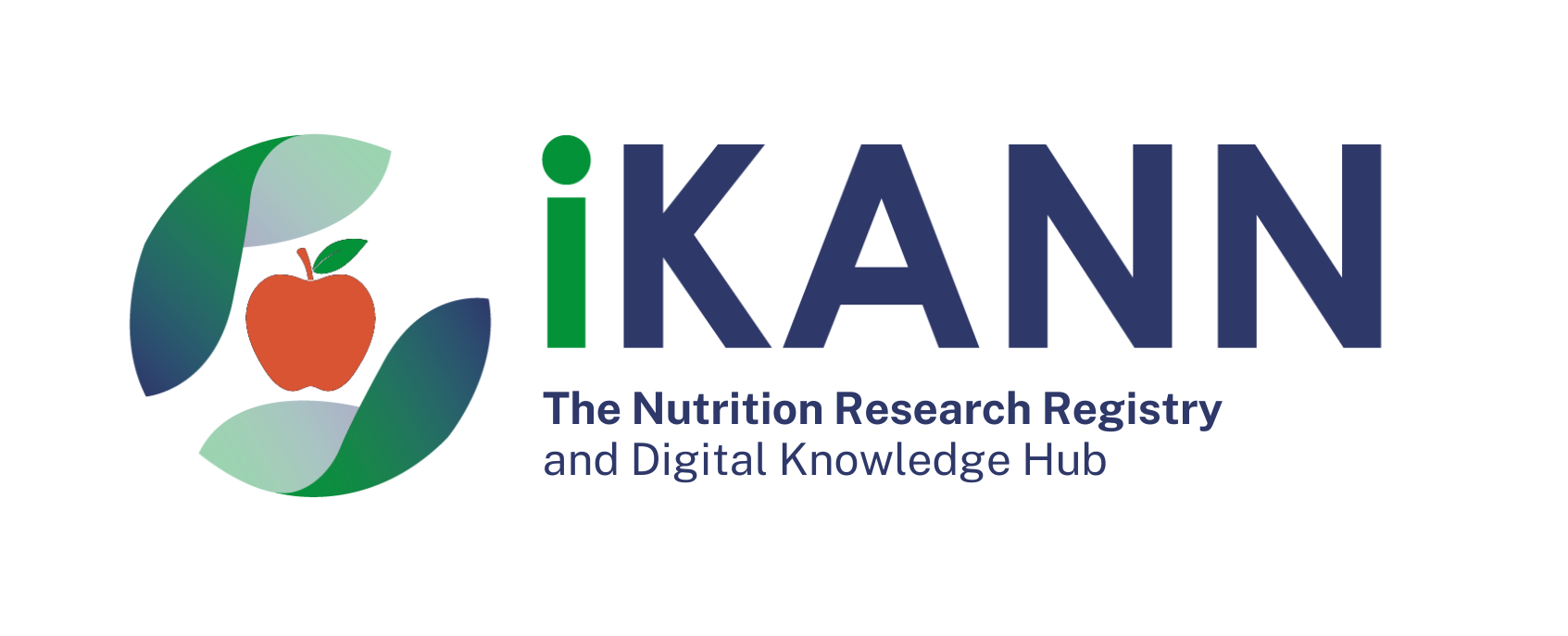Study Title
Dietary Patterns in the Mediators of Atherosclerosis in South Asians Living in America (MASALA) Study: Comparisons Across Methodologies.
Principal Investigator
Jeannette M. Beasley, Bridget Murphy Hussain, Meghana D. Gadgil, Sameera A. Talegawkar, Niyati Parekh, Shilpa N. Bhupathiraju, Nadia S. Islam, Alka M. Kanaya.
Affiliation
New York University, Fairfield University, University of California San Francisco, George Washington University, Harvard Medical School, Harvard T.H. Chan School of Public Health.
Start Date
2010.
End Date
2013.
Study Objective
To evaluate dietary patterns in relation to cardiometabolic outcomes in South Asian adults living in the USA, comparing various score-based dietary patterns such as the DASH diet, Mediterranean-style diet, and Healthy Eating Index.
Short Abstract
This study explores the use of score-based dietary patterns to assess cardiometabolic outcomes among South Asian adults in the MASALA cohort. It compares adherence to the DASH, Mediterranean-style diet, and Healthy Eating Index, demonstrating the relevance of culturally appropriate dietary patterns for reducing cardiometabolic risk. The findings suggest that higher adherence to DASH was associated with lower hypertension risk, while adherence to other patterns also demonstrated cardioprotective effects.
Study Design
The study utilized score-based dietary patterns derived from food frequency questionnaires to assess associations with cardiometabolic outcomes over a 5-year follow-up period.
Population
South Asian adults aged 40–84 years living in the USA, without known cardiovascular disease.
Sample Size
904 participants.
Inclusion Criteria
South Asians living in the USA, aged 40–84 years, without known cardiovascular disease.
Exclusion Criteria
Participants with active cancer, impaired cognitive ability, life expectancy less than 5 years, or plans to relocate, as well as those taking nitroglycerin.
Intervention/Exposure
Dietary patterns derived from validated food frequency questionnaires.
Outcome Measures
- Hypertension risk
- Cardiometabolic outcomes such as glycated hemoglobin (HbA1c), LDL cholesterol, and pericardial fat volume.
Funding Source
Supported by grants from the National Institutes of Health (R01HL093009, R01MD016071, R01DK127916) and UCSF-CTSI.
Collaborating Institutions
New York University, University of California San Francisco, Harvard T.H. Chan School of Public Health, George Washington University, Fairfield University.
Ethics Approval
Approved by the Institutional Review Boards of NYU Langone Medical Center, Northwestern University, and UCSF.
Publication Status
Published in BMJ Nutrition, Prevention & Health, 2024.
Keywords
South Asians, cardiometabolic risk, dietary patterns, DASH diet, Mediterranean diet, MASALA cohort.
Data Collection Methods
Dietary data were collected using food frequency questionnaires and score-based dietary patterns were derived for analysis.
Primary Data Availability
Data available upon reasonable request via the MASALA Study website.
Contact Information
Dr. Jeannette M. Beasley,
